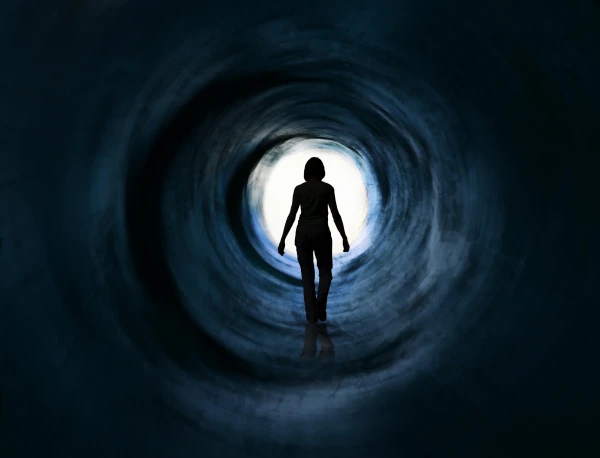
Many attribute stumbling to inattention or fatigue. But if this has not happened before, and now you constantly trip even on flat surfaces, it may be a worrying signal about your health, doctors explain.
What Happens When You Stumble
Expert: Vladimir Zhivotov, osteopath, manual therapist
If you cannot climb stairs "on autopilot" — not looking down — and constantly trip, this may indicate impaired blood supply to the brain.
- The cerebellum and the center of balance lose the ability to maintain equilibrium.
- Subcortical structures, including the basal ganglia, are responsible for automatic movements. If circulation is impaired, conscious control must be engaged.
Causes may include old head injuries, strong impacts, even those sustained in childhood.
Other Worrisome Signs
- Dizziness when turning or tilting the head back.
- Darkening of vision when standing up quickly.
- A feeling of "instability" even during normal walking.
According to Zhivotov, a combination of old and recently acquired head injuries, especially in the occipital area, can negatively affect the condition of the blood vessels in the head and the vertebral arteries.
The Limbic System is to Blame
Expert: Alexey Odintsov, scientist and practicing physician, PhD, academician of RAEN
The limbic system of the brain is responsible for automatic reactions, creativity, and spontaneous actions. With age, this area becomes less active, and familiar "automatic" movements cease to function.
- Due to the weakening of the limbic system, a person stops correcting the trajectory of leg movements.
- As a result, stumbling and falling occur even on flat surfaces.
- Impairment of the limbic system's function is associated with age-related changes in the brain and a decrease in the activity of creative centers.
Conclusion: Frequent stumbling is not just clumsiness. It is a signal from the body about possible problems with brain blood supply and dysfunction of the limbic system. If you notice this symptom, it is advisable to consult a specialist for examination and prevention of complications.
Source: doctorpiter












